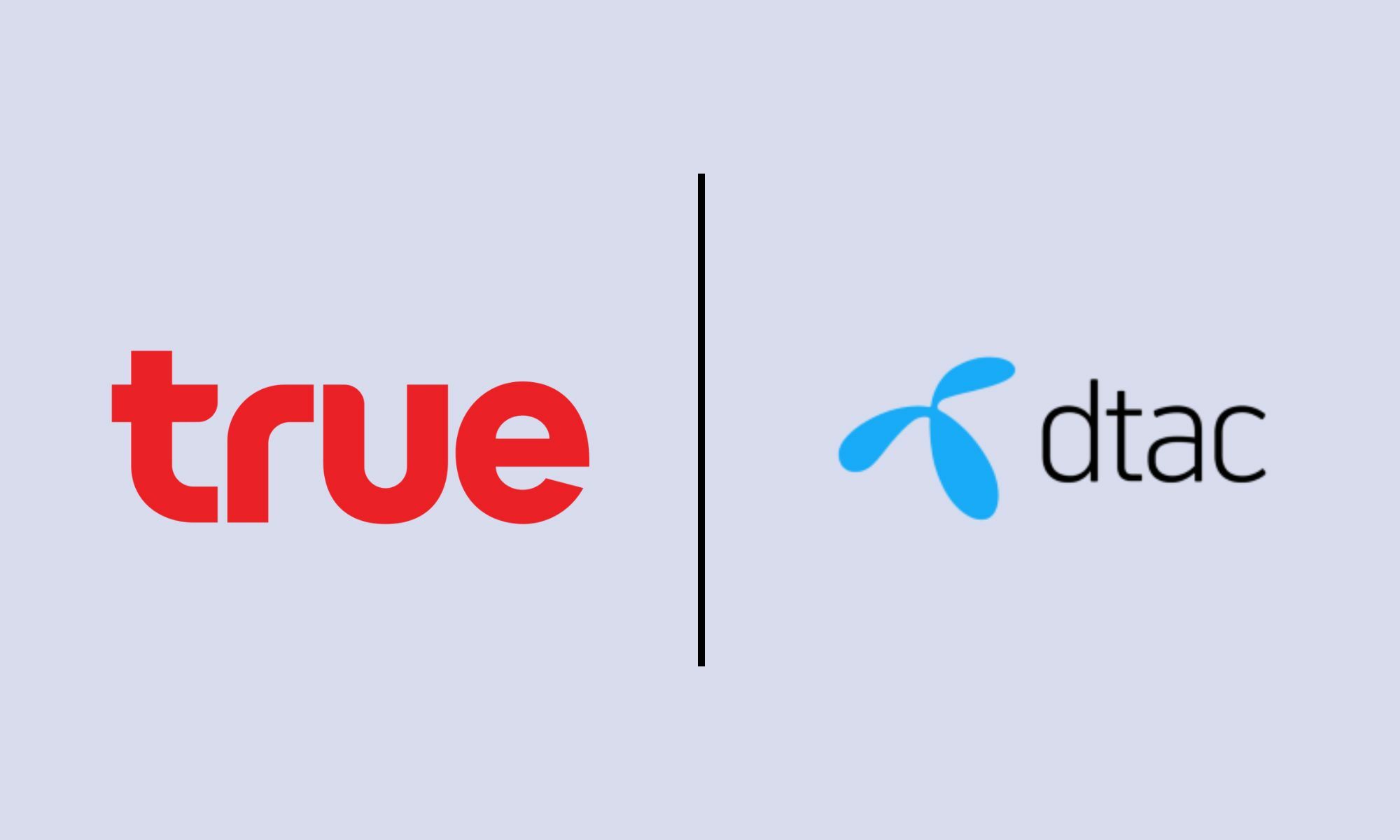Image via Wikipedia AIS, the telecommunications giant, recently took a surprising turn as it withdrew its case against the National Broadcasting and Telecommunications Commission’s (NBTC) decision, which recognised the merger between True Corporation and Total Access Communication (DTAC), its two direct competitors. The lawsuit contended that the NBTC board had failed to exercise its authority to regulate the deal according to existing regulations. An AIS executive, who wished to remain unnamed, commented that the lawsuit was dismissed due to the belief that the merger process has progressed too far to be reversed. The management took the decision to withdraw the lawsuit within the past fortnight. The NBTC board, on October 20, 2022, voted 3-2 against having the authority to either approve or reject the planned merger of True and DTAC. This in effect, paved the way for the merger. The board cited 2018 regulations which state that NBTC’s role is simply to govern mergers, not to accept or reject them. In the early part of the year, True and DTAC finalised the merger of their operations and management structure, giving birth to the entity known as True Corporation. Both the subsidiaries, TrueMove H Universal Communication (TUC) and DTAC Trinet (DTN), registered under the merger scheme with the Department of Business Development on August 3, resulting in DTN ceasing to exist as a legal entity. DTN’s assets, debt, rights, and responsibilities have been transferred to TUC from August 3. The telecom operators will continue to serve their customers under their existing brand names, True Move and DTAC, for a minimum of three years post-merger, as per NBTC’s remedial measures. An AIS source has rejected the notion that the withdrawal of the lawsuit is a strategic move to facilitate the NBTC’s approval of AIS’s acquisition of Triple T Broadband (3BB). The proposed takeover is currently under NBTC scrutiny. The source emphasised the significant differences between the AIS-3BB deal and the True-DTAC merger. Dr Sarana Boonbaichaiyapruck, the chairman of NBTC, confirmed his knowledge of the lawsuit’s withdrawal. However, he insisted it would not impact the regulator’s consideration of the AIS-3BB deal. He reiterated that the NBTC board doesn’t possess the legal power to prohibit mergers or acquisitions, like True-DTAC or AIS-3BB, but can impose specific measures to prevent monopolistic acts or behaviours that could undermine competition. An anonymous source from NBTC revealed that Sarana and some NBTC commissioners had concerns that the AIS lawsuit might create difficulties for the board in considering the AIS-3BB deal. They feared that the lawsuit could suggest that AIS does not agree with the revised measures for telecom sector business mergers, effective since 2018. In November 2021, Charoen Pokphand, the parent company of True Corporation, and Telenor Group, DTAC’s parent company, announced the merger between True and DTAC, which received widespread criticism from numerous quarters, including academics, consumer advocates, and economists.True and DTAC jointly submitted a report of the amalgamation procedure to the telecom regulator on January 25, 2022, resulting in the NBTC assigning management to set up four subcommittees to scrutinise the deal, reports Bangkok Post.
Meta Data: {“keywords”:”AIS, NBTC, True-DTAC merger”}
Source link
